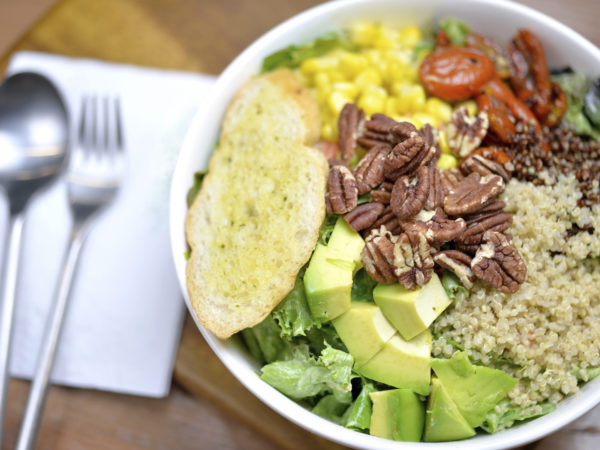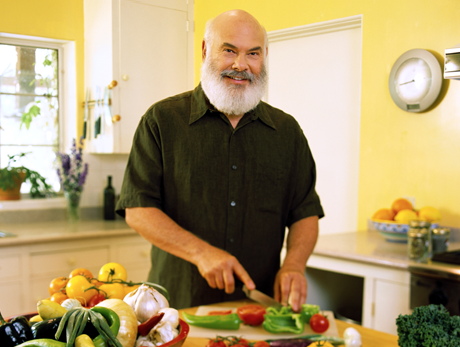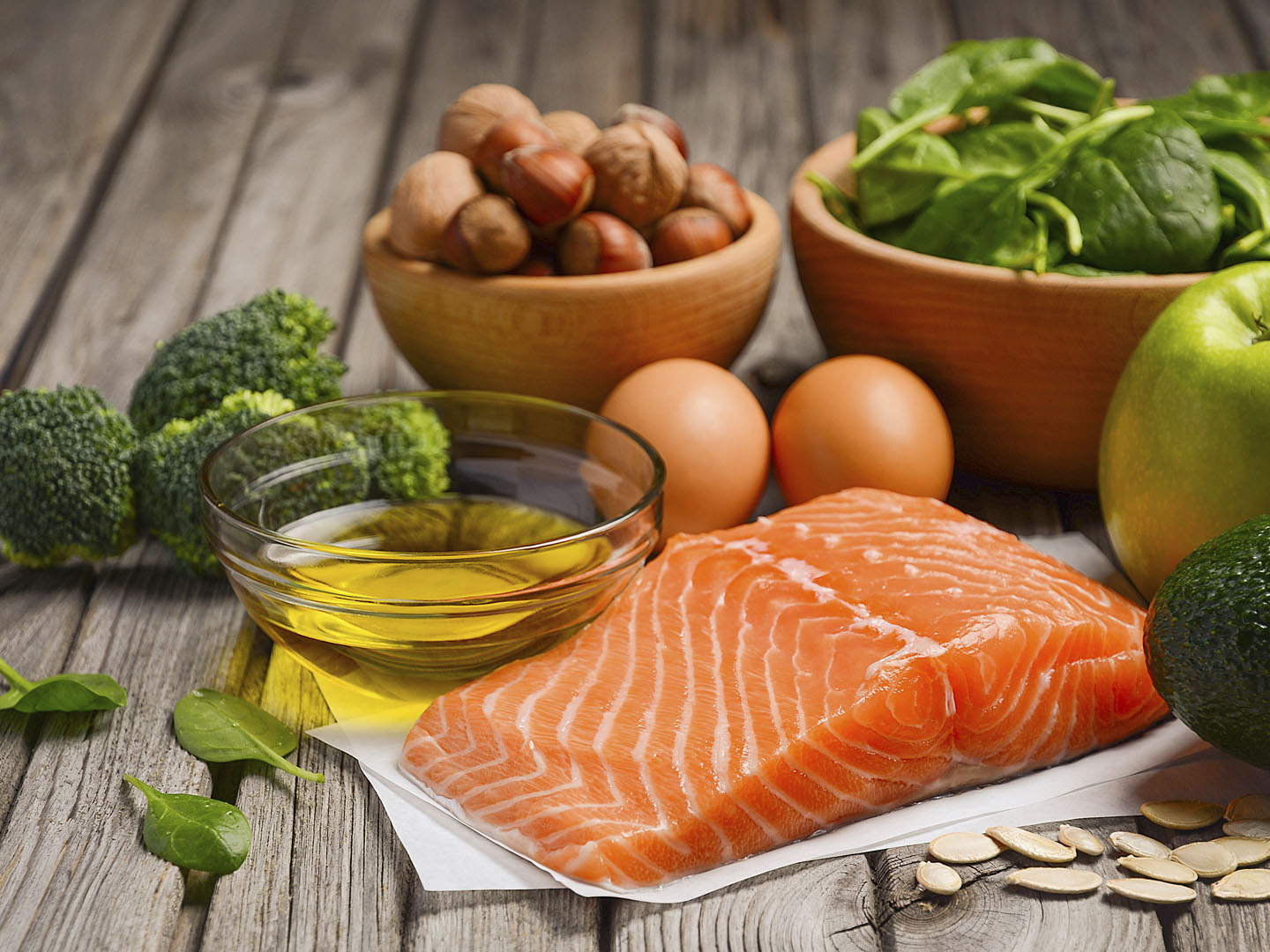7 Healthy Proteins To Amp Up Your Salad

This tip is courtesy of Dr. Weil on Healthy Aging: Your Online Guide to the Anti-Inflammatory Diet. For more nutrition and health guidance, start your 14-day free trial now!
Ever eaten a salad only to be hungry again an hour later? The key is to incorporate healthy fats such as avocado, carbohydrates such as whole grains, and proteins into your salad, making it both filling and delicious. Try adding these proteins:
- Quinoa: This grain has the highest protein content of any grain, containing all nine essential amino acids – a rarity in the plant kingdom. Quinoa is also a good source of manganese, iron, copper, phosphorous, vitamin B2 and other essential minerals. Cook a batch early in the week and use liberally in your salads.
- Wild Rice: Although not technically a grain, wild rice is quite the nutritional powerhouse. It contains almost twice the protein and fiber as brown rice, and is also high in B vitamins, manganese, zinc, potassium, phosphorous and magnesium, while being relatively low in calories.
- Nuts: In addition to their healthy fat profile, nuts provide you with protein, vitamin E, trace minerals, fiber, and in the case of walnuts, vital omega-3 fatty acids. Nuts are relatively high in calories, so enjoy just a few on your next salad. Buy them chopped or chop them yourself to give the sense that you are eating more while keep calorie counts down.
- Beans: Beans are rich in folic acid, magnesium, potassium, B vitamins, and soluble fiber. And at 20-25 percent protein by weight, they are an excellent choice for vegetarians, vegans or those who prefer to minimize their meat consumption. They are low-glycemic-index foods and an important part of my Anti-Inflammatory Food Pyramid. Good examples are chickpeas (garbanzo beans), adzuki beans, and black beans. You can also use hummus (made from chickpeas) as a creamy, high-protein dressing!
- Lentils: As the quickest legume to cook, lentils offer a good source of fiber, magnesium, protein, and iron. Just one cup of cooked lentils contains over 15 grams of dietary fiber and provides 37 percent of the Daily Value for iron.
- Hard-Boiled Eggs: Egg whites are a great source of protein, and the yolks contain an astonishing array of essential fatty acids, vitamins and minerals, including vitamins A, D, E and K, plus iron. Choose cage-free eggs that are fortified with omega-3 fatty acids.
- Salmon: Like other oily fish (herring, sardines, mackerel), salmon is rich in omega-3 fatty acids that reduce inflammation, protect against heart attacks, and possibly reduce one’s chance of developing cancer. Choose wild-caught Alaskan salmon to avoid the contaminants in farm-raised fish.
Today’s Health Topics
Editor's Pick
Health Focus
Ask Dr. Weil's Q&A
 |
| Start Eating Anti-Inflammatory And Save 30%! A healthy lifestyle and following Dr. Weil's Anti-Inflammatory Diet can help reduce the risk of age-related concerns such as heart disease, Alzheimer's and many forms of cancer, as well as help promote a healthy immune system. Begin your 14-day free trial of Dr. Weil on Healthy Aging for access to anti-inflammatory shopping guides, eating tips, recipes, interactive tools, videos and more. |
 |










